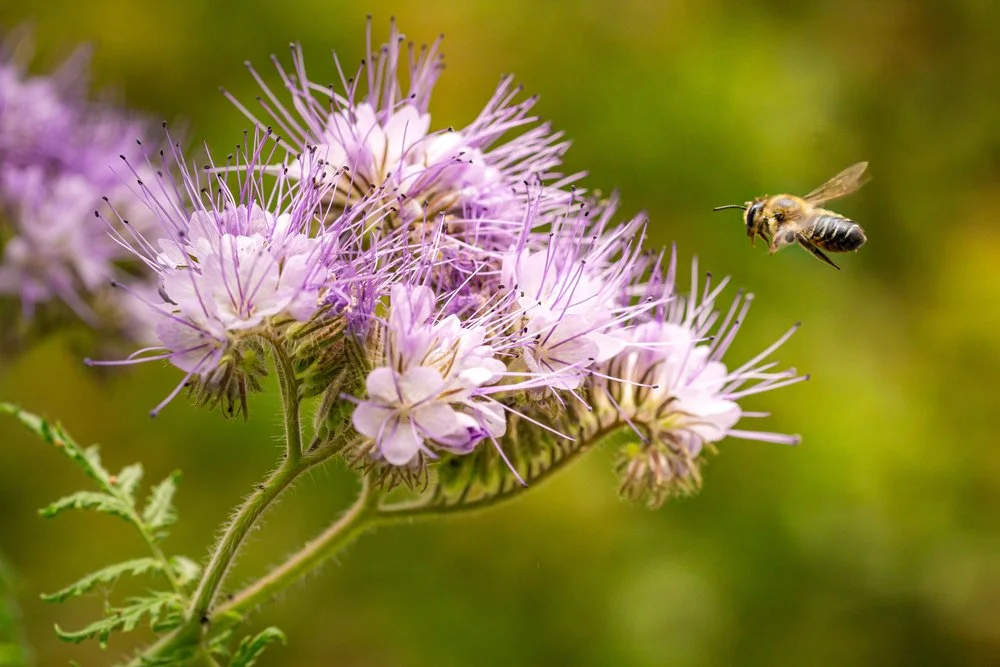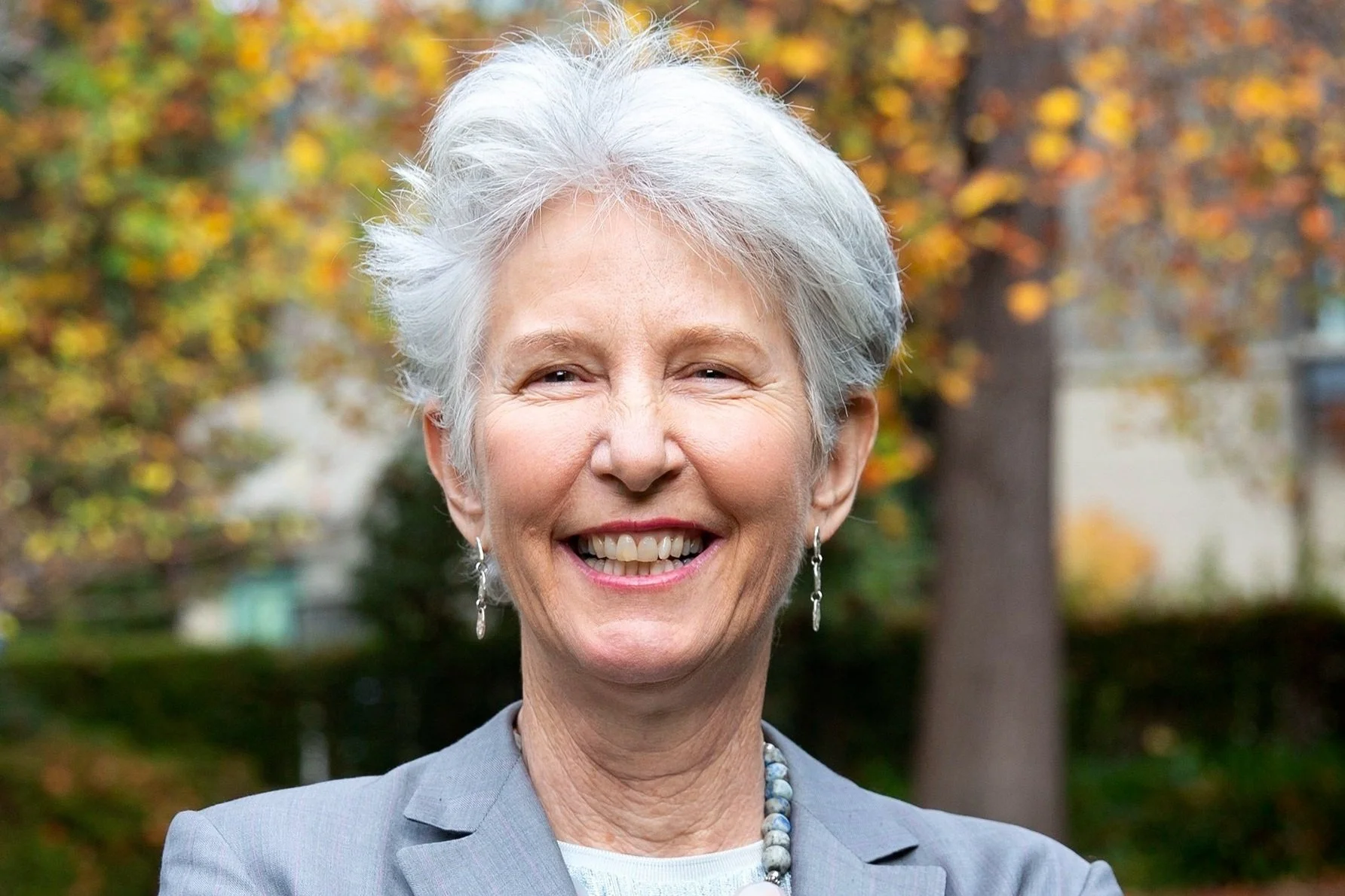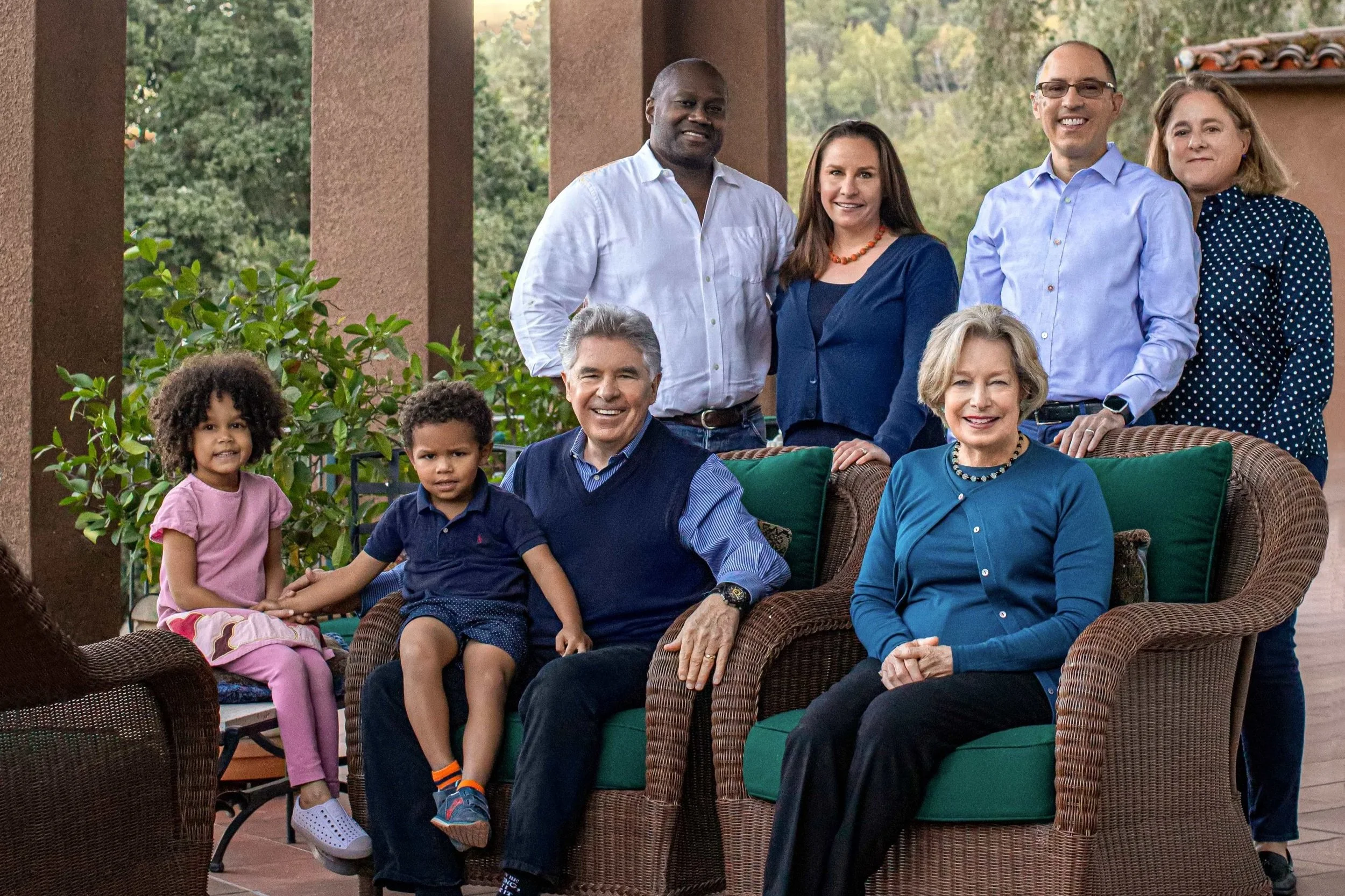A Science Award With Heart Celebrates a Tireless Advocate for Gender Equality
/Advocacy is in the DNA of the Lasker Foundation. Each year, its prestigious Lasker Awards demonstrate that it’s looking to prop up top medical researchers, but also to celebrate inspiring citizens of the scientific community.
That’s why the Laskers are some of my favorite science awards—particularly in their alternating special achievement and public service awards. The foundation isn’t afraid to account for activism, world events, and even a hint of politics in its appreciation of scientists. You might think of them as the science awards with a heart of gold.
The latest example is the 2018 Lasker-Koshland Special Achievement Award, which went to someone who not only changed our understanding of cell biology multiple times, but has also become a tireless champion of gender equality in the sciences and a mentor to hundreds.
Joan Argetsinger Steitz, Yale professor of molecular biophysics and biochemistry, broke down barriers herself as a brilliant researcher coming up during the 1960s, when it was all but unheard of for a woman to run her own lab. She got her Ph.D. anyway, and through a combination of hard work and a fearless approach to pursuing research problems, she solved as a postdoctoral fellow a difficult mystery about how RNA transmits genetic information, landing her widespread acclaim and a faculty position at Yale. From there, her lab continued to make important breakthroughs in cell biology.
Throughout her career, Steitz gradually became a stronger advocate for women in science, as she told Cell, but it was in 2005, when she served on an influential National Academy of Sciences committee on gender bias and imbalance in science fields, that she became a major voice on the topic. “I think I slowly grew into the realization that one needs to be a little bit more activist about it,” she told the journal.
Since then, she’s given regular talks and worked with students and other women in science on correcting imbalances, and the science behind bias and the physical and psychological impacts of being in an undervalued minority group.
“I guess I’ve always felt that you had to be better overall than the men, and that’s true of all women, I think. And that’s going to be true as long as that fraction isn’t 50-50,” Steitz said in a video about the award. “And that’s not fair, and that’s where we need to be fighting.”
Hers was one of three Laskers awarded this year, with the other two split between achievements in clinical and basic medical science. One went to John B. Glen, who developed the commonly used anesthesia propofol, and the other to C. David Allis and Michael Grunstein for their research on histones, proteins in chromosomes that are important in gene expression.
Highlighting Steitz is not meant to downplay the straight research award recipients, which are highly impressive (you can learn more about their work, including entertaining videos here), but it’s usually the third category each year that ends up being an interesting wild card. Every other year, it’s either an award for special achievement, as in this year, or for public service involving outreach, education or funding.
The last special achievement award went to Bruce Alberts, a lifelong champion for STEM education and scientific literacy in everyday life. The public service award last year went to Planned Parenthood for providing essential health services, and before that to Doctors Without Borders for leadership during the 2015 Ebola outbreak.
The foundation also has a (sadly) unique program dedicated to advocating for government funding of science research, carrying on the legacy of its namesake Mary Woodward Lasker. The streak of advocacy is still going strong in the foundation today, and Steitz is the latest inspiring example.
Related:






































